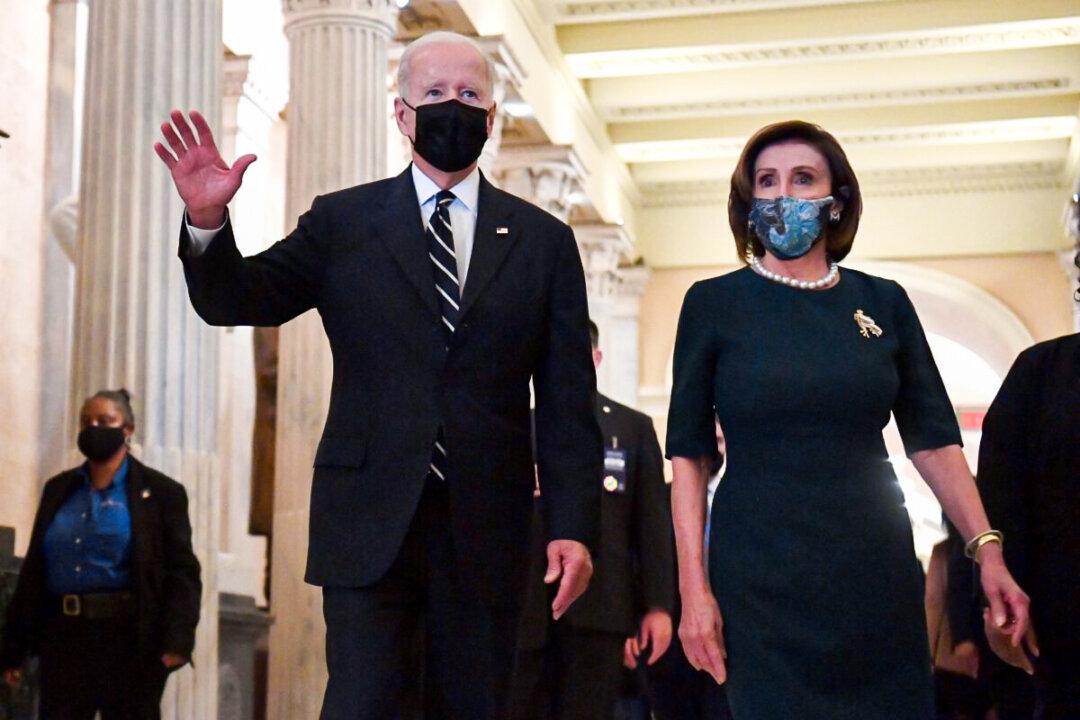Speaker of the House Nancy Pelosi (D-Calif.) has requested an all-member briefing on the evolving Ukraine situation as fears of a potential Russian invasion ramp up.
In recent weeks, Russia has amassed over 100,000 troops on its western border with Ukraine, including infantry, tanks, and other armored vehicles, as well as sea forces. In response to this troop buildup, President Joe Biden is considering sending U.S. troops into the east European nation, setting the stage for a potentially massive war between the two superpowers.





